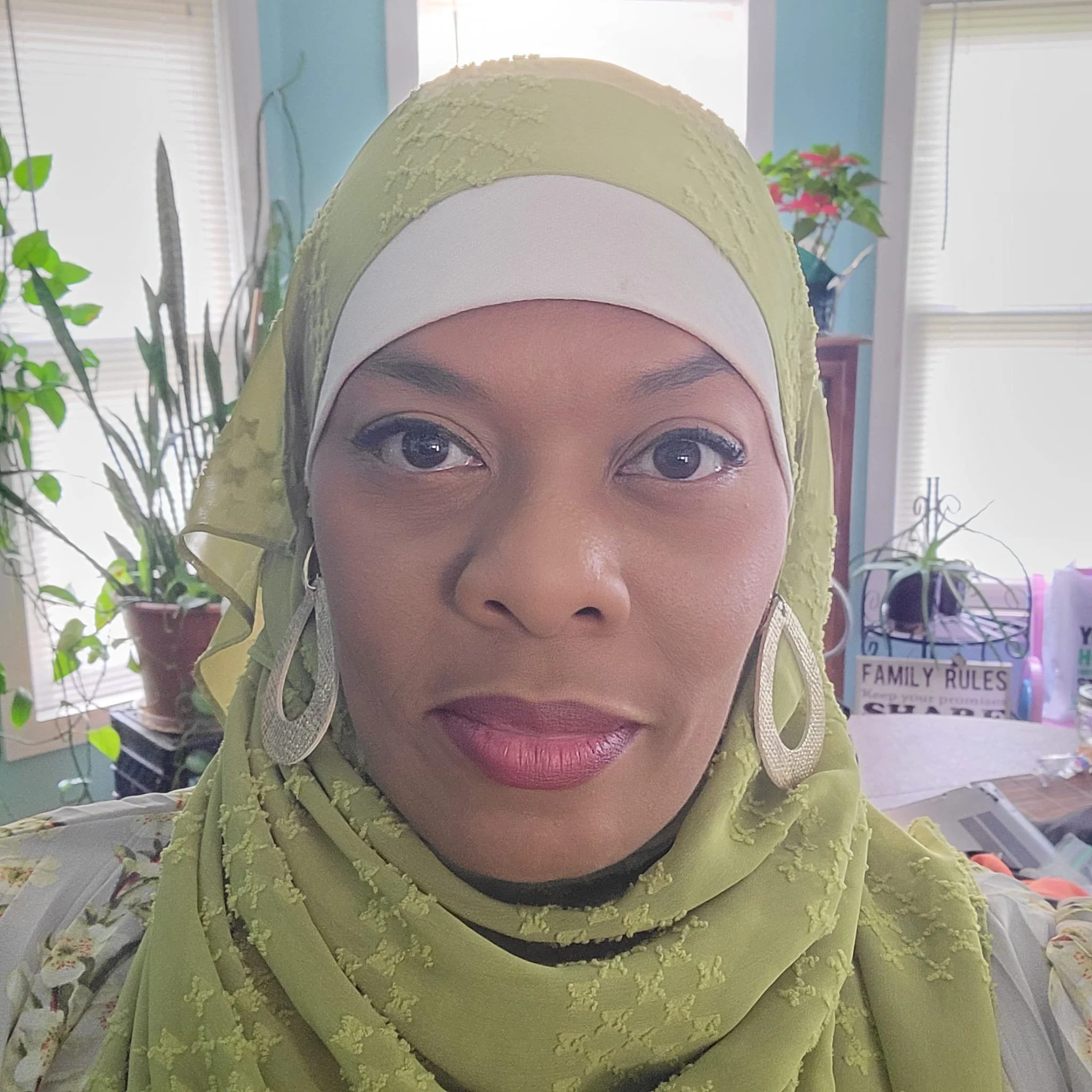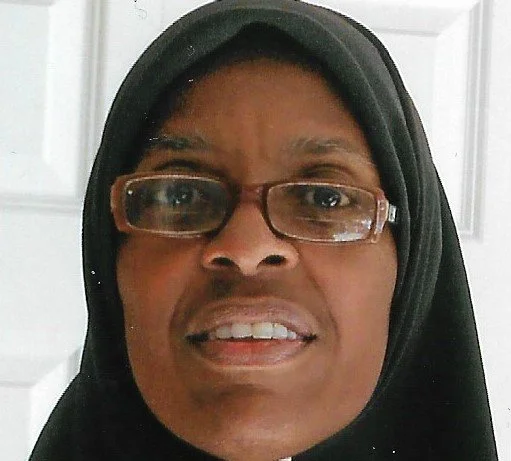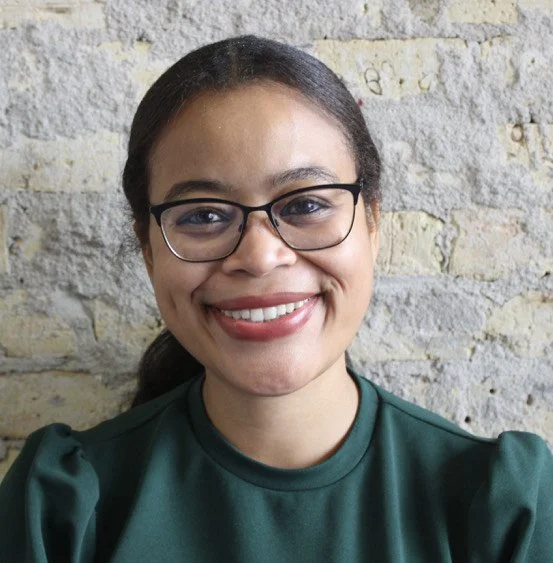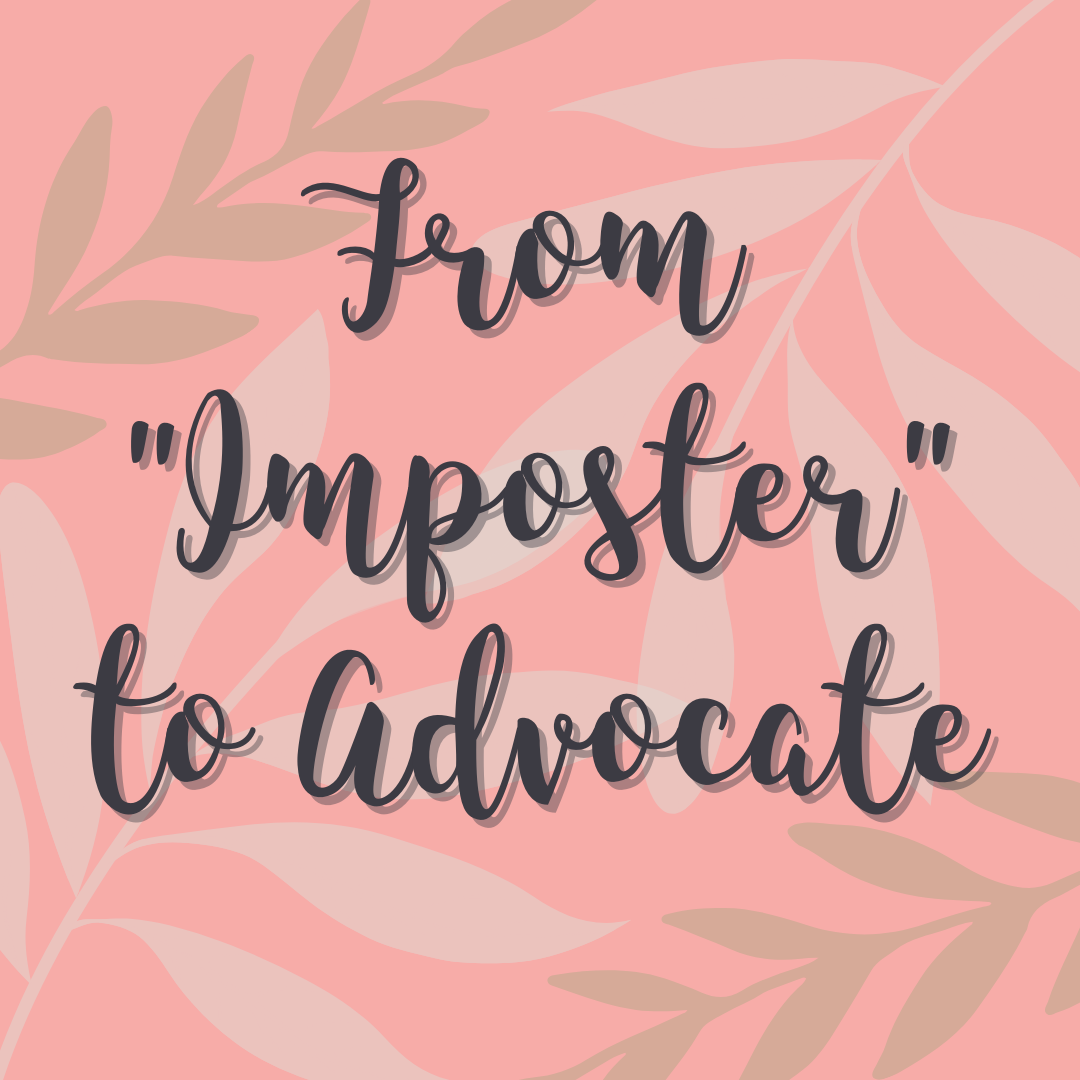All that I know about community care and community service is what I learned from the example of my grandparents and my parents. They taught me that we each have a duty to use our particular talents in service of our people. Since my grandfather was a chef in the navy and my grandmother was a kitchen manager for a nursing home, a major part of their contribution to the community was cooking. They would spend hours in the kitchen preparing meals to give away.
Read MoreMy father taught me to believe that the only real chains are in our minds, and when I went to college at San Francisco State University, I pursued child psychology because I wanted to help break these chains. I took all my general education courses in Black studies, which meant that whether I was studying economics or public health or literature, the curriculum centered the Black community in the U.S. These classes reaffirmed all the lessons that my father had imparted and reinforced my understanding, empathy, and love for my people. Then I started to ask myself, if this is who we are in spite of white supremacy, who would we be outside of an oppressive system? Who could we become?
Read MoreAs an African American Muslim woman, I love uplifting the history of my people, whether it’s at Rabata or in my Qur’an classes or in community spaces. Ethiopia is the first place that Muslims went to seek safety, and Islam spread from there. It’s not a new religion—it’s been solidly established in Africa since its inception.
Read MoreAt that time, the Nation was called the Lost Found Nation of Islam. As I learned more about our history from Imam Muhammad and other teachers and ministers, I realized how fitting a name that was. When we were brought to this country as enslaved people, everything was stripped from us, down to our names. We were a lost people. But through the Nation, we could rediscover our culture, our people, our power. We could remake ourselves and remake the world
Read More“The year was 2006, I was a newlywed, and I found myself staring at a positive pregnancy test. Just the previous week I had received a letter congratulating me on my acceptance into podiatric medical school. I was going to be a doctor…or was I? As I sat there staring at my positive pregnancy test and my acceptance letter, I wondered if I could actually do both.”
Read More“Whenever I feel too tired, when I feel weighed down by the day’s indignities, when being a Black Muslim woman living in the United States feels like a perpetual fight between a desire to simply live—a desire for my people to simply live—and the ideologies and structures aimed at eradicating us, when I feel like I am not doing enough, when I feel my uncomplicated love for my people is not enough to keep on keeping on, when I feel hopeless, I think about Dr. Betty Shabazz and feel strengthened by her example.”
Read More“Being the first Black Muslim woman elected to the school board in 2020 and elected as the Chair of the Board in 2023 is another victory for our community. When it gets difficult, I find motivation and hope in my faith. I remind myself that Allah (swt) would never put a burden on me greater than I can bear. My daily prayer is that He guides me and leads my words and my actions. I find myself thinking about the legacy of powerful Muslim women who overcame challenges and our ancestors and pioneers who fought for future generations to make life better for us. I have a duty to continue to carry the baton and make it better for those who come after me.”
Read More“This country, even though its history is drenched in the blood of African Americans, would like us to feel as if we had no history of our own. And when it comes to the Muslim community, some think of Islam as an Arab religion or an immigrant religion. But I don’t see a conflict between my traditions, my lifestyle, and my faith. If Allah had wanted, He could have made us all the same, but I think that Islam is meant to dignify us in our own skins.”
Read MoreOstensibly, tax laws and tax incentives were created so that the wealthy would have agency in their charitable giving and, hopefully, increase it. But is that really what’s happening? Are billionaires actually giving more? And in my own position of relative privilege, how can I leverage these laws and incentives to benefit my community?
Read MoreAs I entered my 20s, thoughts and conversations surrounding my career path have led me to question where I fall in society as a Somali-American Black Muslim woman living in the United States. These intersectional identities leave me not with a single obstacle to overcome but with multiple interconnected barriers that reflect the lack of representation I experienced as a young girl.
Read MoreWe cannot in good faith participate in practices that harm other living animals, disrupt ecosystems, and ultimate destroy the Earth without consequences in our relationship with the Almighty. So what is this destruction that Allah warns us about in the Quran?
Read MoreThis was the first time I used the intersectionality of my identities to connect with people who appeared different from me. I went beyond my visible identities and looked deeper to find personal identity traits that helped me feel a part of the audience.
Read MoreAs a visibly Black Muslim, I am often sticking out like a sore thumb, and I feel that being represented via statistics is powerful in numerous ways. The landscape of what it means to be American is changing, and this census can be the one to validate that truth.
Read MoreApril 1st, 2019. My first day at my new job as a software engineer at a small company in downtown Minneapolis. As the room began to fill up, something immediately stuck out to me: I was the only Woman, the only Black person, and the only Muslim. All three.
Read MoreMy story is influenced by a woman who gave me strength to pull myself out of generational poverty, to cope with tragedy, to pursue education when most didn’t, to make an impact in the world, and to not lose my identity and the uniqueness I found along my way. That woman was my Ojibwe grandmother, Rita.
Read MoreIn a word, we were *woke,* but were still lacking a space for us to gather and pool our resources to affect real change in often-ignored areas: social and political action and philanthropy. These spaces exist in droves elsewhere, like my professional networks, but were lacking within communities in which I focused on my faith.
Read More















